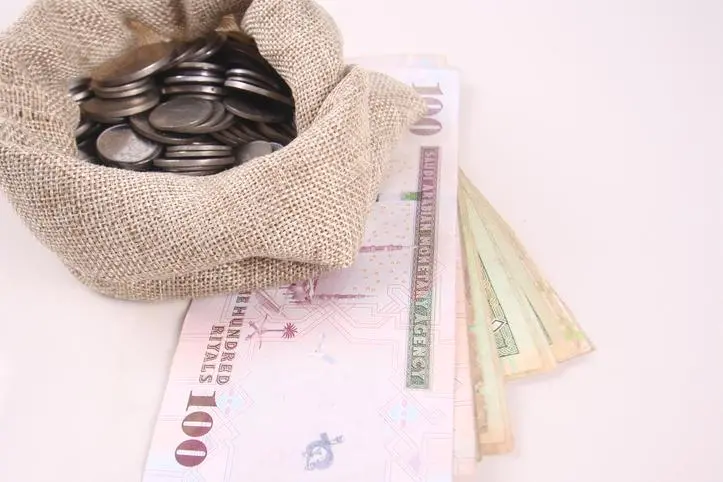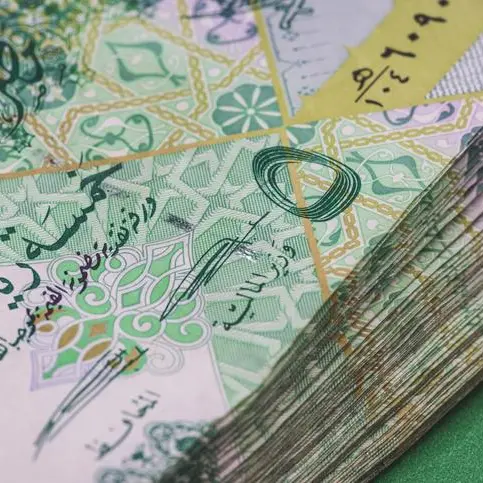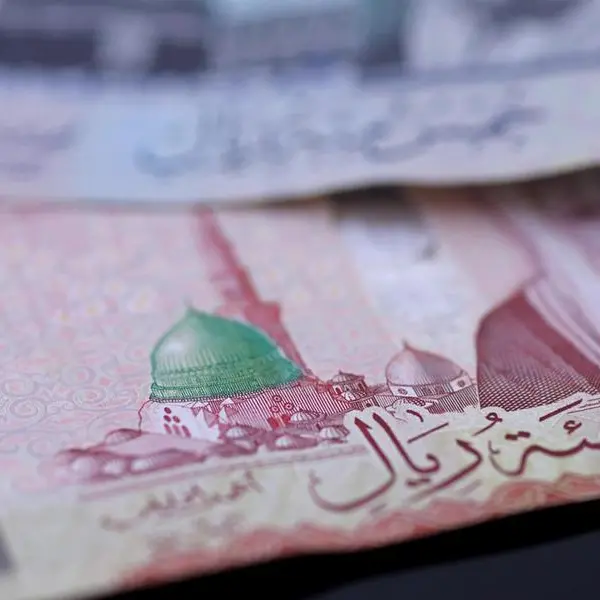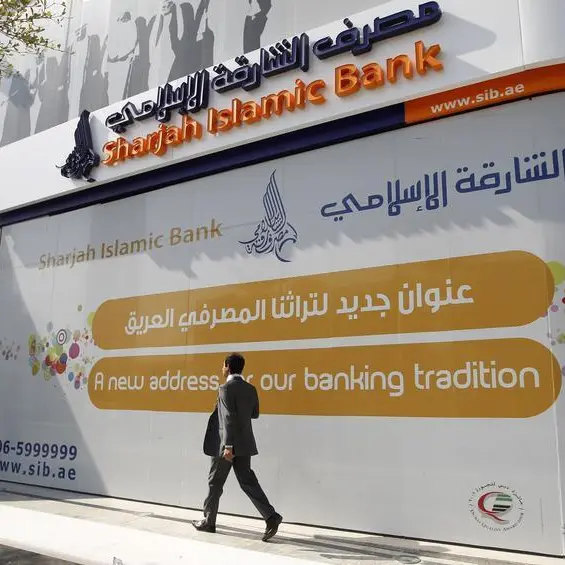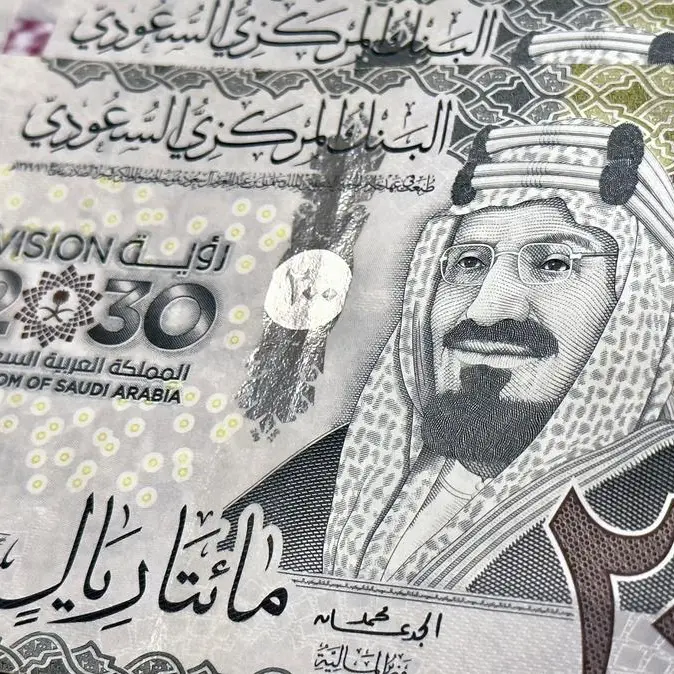PHOTO
The Islamic fintech industry in GCC countries such as Saudi Arabia and the UAE is experiencing robust growth, driven by their high investment capacity due to ample liquidity from favourable oil prices, Moody’s Investors Service said in a new report.
The global Islamic fintech sector expanded by 61% in 2021 but accounted for just 0.8% of the global fintech sector for conventional finance.
“We expect the sector to continue to grow as predominantly Islamic banking systems in the Middle East and parts of Asia increasingly lean towards ‘open’ banking rules that facilitate innovations in digital finance,” Moody’s added.
Most Islamic fintech firms are in Indonesia, the UK, the UAE, Saudi Arabia, and Malaysia, hosting 59% of global Islamic fintech operations.
The growth is driven by several favorable factors, such as strong regulatory support for the Islamic economy, sizable Muslim populations (except for the UK), advanced Islamic banking sectors, and the availability of talent supporting Islamic finance development.
Major fintech players in the UAE include Beehive, a Dubai-based peer-to-peer lending platform offering Shariah-compliant financing to SMEs, and Aafaq Islamic Finance, providing Islamic banking, financing, and Takaful solutions.
The sector’s growth will continue to remain concentrated in countries with well-established Islamic banking countries but is expected to remain robust in non-core Islamic markets, such as the UK, where the Muslim population is driving the demand.
“We expect Islamic fintech assets to exceed 1% of the global fintech industry by 2025 from the current level of 0.8%,” Moody’s said.
In contrast, many conventional fintechs, lacking the more stable funding from the established institutions, have scaled back operations, especially those taking a “build now, profit later” approach that requires regular injections of equity funding, the report noted.
(Editing by Seban Scaria seban.scaria@lseg.com)
